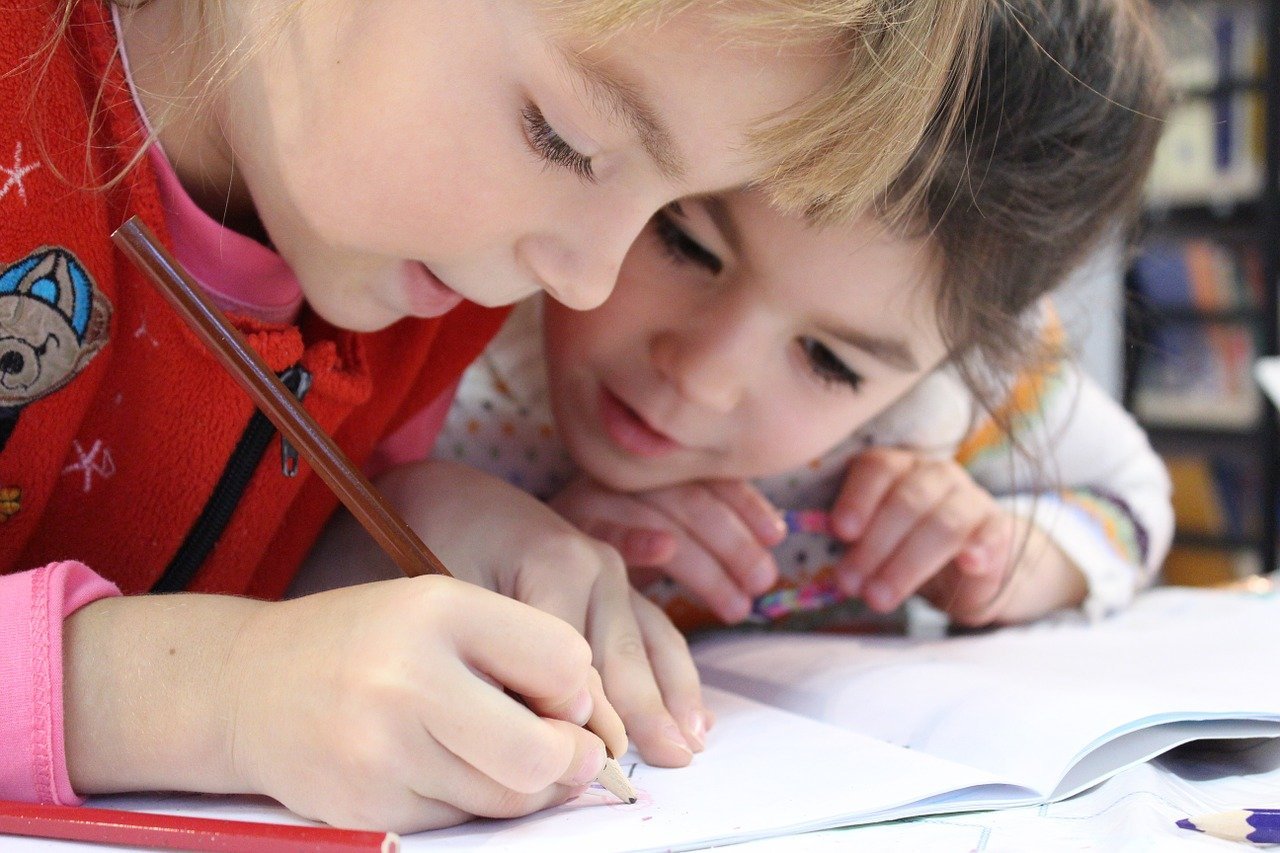A study conducted by researchers at Oxford Leverhulme Centre for Demographic Science (‘Learning Inequality During the Covid-19 Pandemic’) has revealed that primary school children (ages 8 – 11) have made “little or no progress” in their learning, during school closures.
The study is believed to be one of the first attempts to quantify learning loss from Covid-19. Unlike the economy or health care, educational systems do not release data at high-frequency intervals. Instead, researchers tried to measure the effects of school closures by using data from the Netherlands. The study used data from national examinations that took place before and after lockdown. The progress made in the 2020 period was compared with progress made in the same period, over the past 3 years. The study assessed national examinations on the following basic skills: mathematics, spelling, and reading.
The data demonstrated that the loss of learning was equivalent to one-fifth of a school year. Early data also indicates that there had been a drop in coursework completed and surveys suggest that students spent considerably less time studying. Students coming from less-privileged households experienced a 60% larger loss in learning, affirming suspicions that the pandemic has unevenly affected households.
Dr Engzell, one of the researchers behind the study, told Oxford Mail: “Students made little or no progress while learning from home and losses are particularly concentrated among students from homes with parents with low levels of education. For them, the loss was about 50% worse than for others.”
Another researcher, Arun Frey added: “These results confirm many of the worst fears that educators and other stakeholders had when going into the first lockdown. The Netherlands did so many things right. Teachers and school officials made a tremendous effort. The government provided additional support and financial resources. From broadband access to housing and parental support, conditions in the Dutch system outscore most of its neighbours. If anything, consequences are likely to be graver in the UK, where schools also stayed closed for longer.”
With the Netherlands representing a ‘best-case’ scenario, the study proposes that there could be larger losses in learnings in countries with weaker infrastructure and longer school closures. The UK has undergone multiple lockdowns, with schools closing in March 2020 and January 2021. Therefore, the study suggests that the UK may have experienced more severe losses in learning. However, the longer-term impact of school closures is uncertain. These results could indicate a temporary setback or a more lasting contribution towards educational poverty.
Image Credit: klimkin/Pixabay.com



